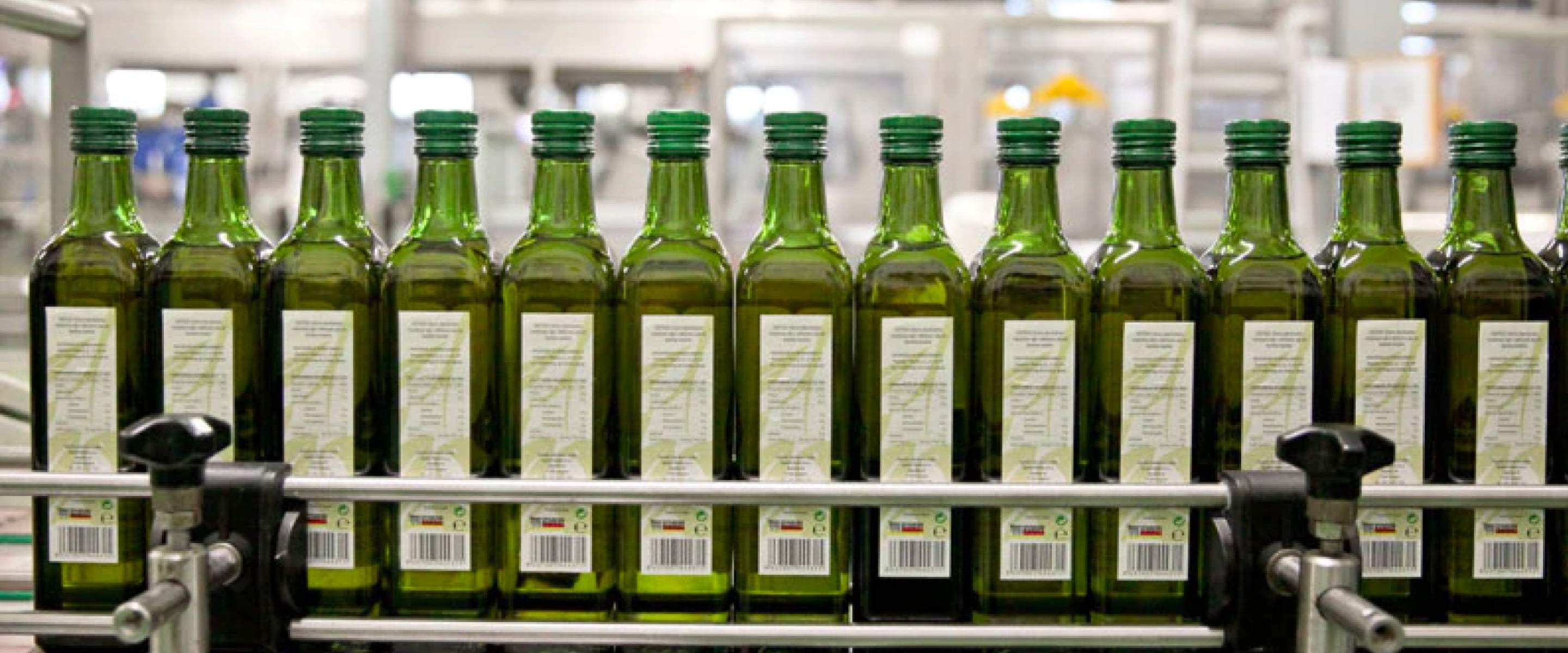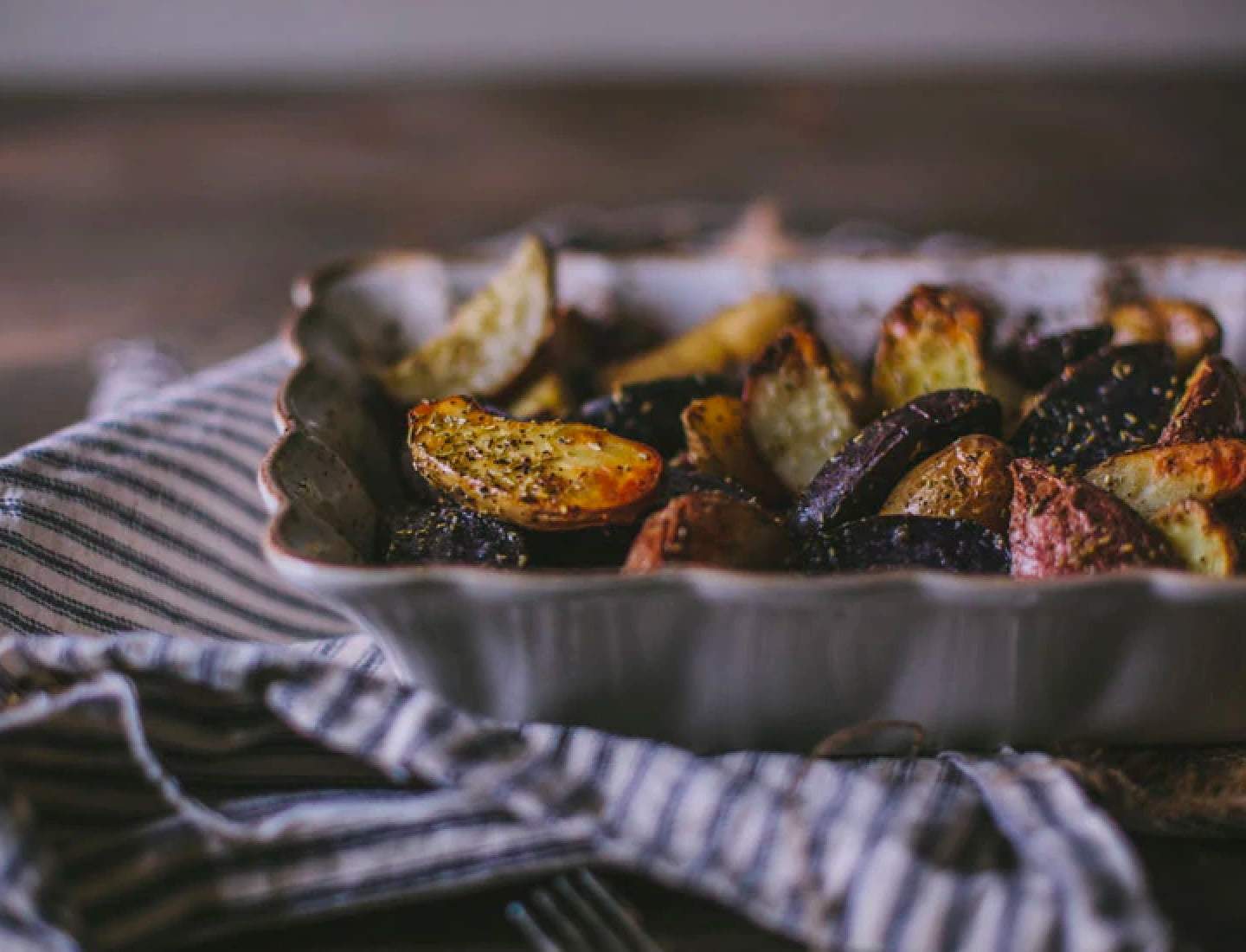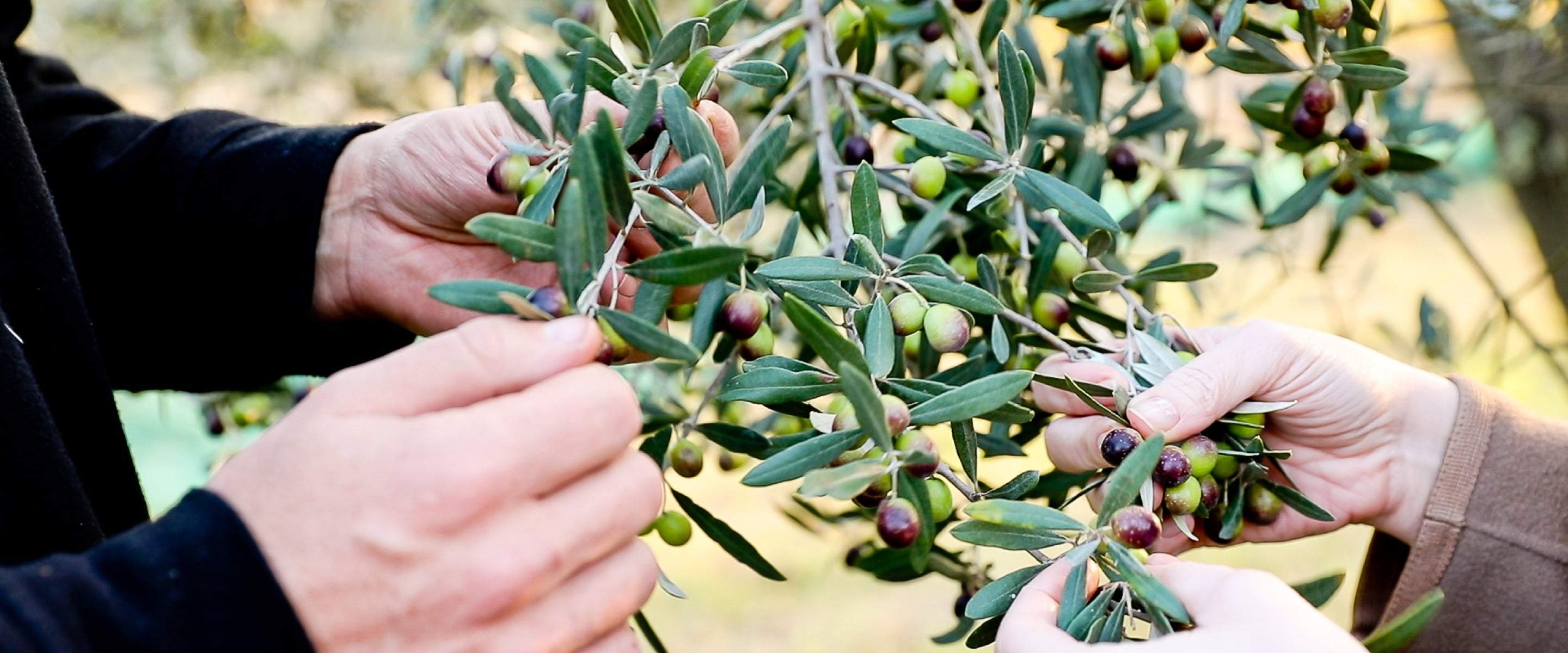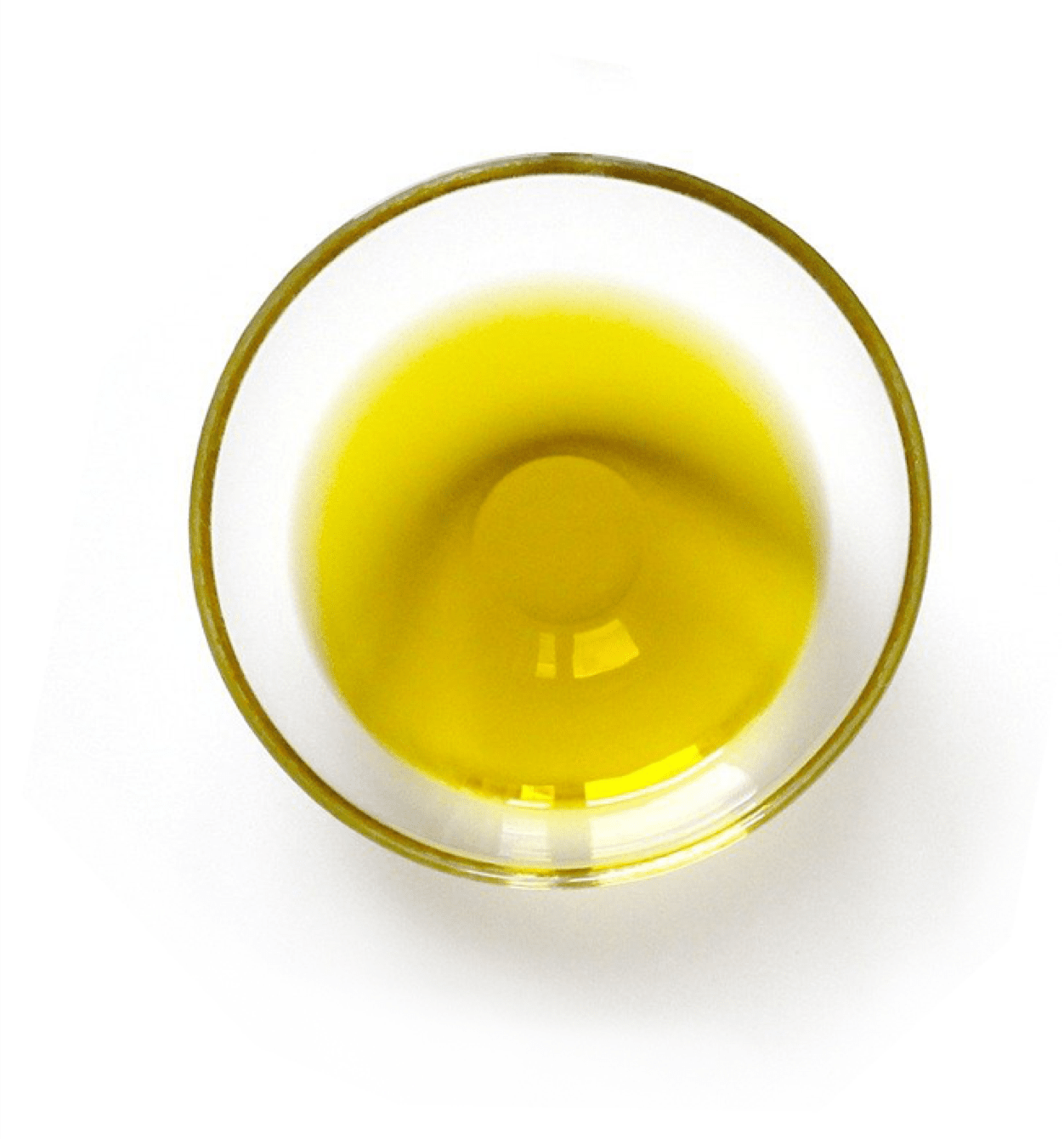Olive oil is a healthy liquid fat obtained from olives.
The highest quality olive oil is extra virgin olive oil which must be totally unprocessed and kept below 75 degrees Fahrenheit at all times during the mechanical extraction process. It must also meet strict chemical criteria as defined by the International Olive Oil Council and adopted by the European Union and USDA, but must also have perfect flavor and aroma as determined by a certified tasting panel.
The first important step is to collect the olives from the tree. The traditional way of harvesting olives is to shake the tree or beat its branches with sticks to make the olives drop to the ground. However, if no net is used to catch the olives before they hit the ground, this process can result in bruised olives the crushing of which produces a lower-quality oil.
Carefully picking the olives is necessary in order to ensure the quality of the end-product.
After the olives have been picked, washed, and any leaves and twigs removed, then it’s time for crushing. Crushing was traditionally done using stone wheels but stainless steel rollers are much more common today.
Water is slowly stirred into the resulting paste in order for the oil molecules to concentrate.
The mixture is finally centrifuged to remove the water. What is left is olive oil.

How To Buy Olive Oils
And Get the Quality You Paid For
How To Buy
While extra virgin olive oils found in supermarket shelves may be inadequately labeled or even sometimes labeled as “extra virgin” when in fact they are not, you are still better off going with a mislabeled extra virgin olive oil rather than settling for the much lower-quality vegetable oils or even the low-quality types of olive oil such as “pure” or “lite”. Of course, it is advised that you buy olive oil from a trusted source in order to avoid falling victim to mislabeling in the first place.
Always look for the harvest date on the bottle and make sure it is at least within the last year. Olive oils are usually harvested between October and December. This means that if you shop for olive oil in April 2018, an olive oil with a Fall 2017 harvest date would still be considered “new harvest”. Note that many imported olive oils have their harvest and “best by” dates in EU format. In such cases, 4/10/2017 would mean the oil was harvested the 4th of October 2017 and NOT the 10th of April 2017.
Storing conditions are very important when it comes to maintaining the good condition of extra virgin olive oil after it has been bottled. Heat and strong lights destroy even the highest-quality extra virgin olive oils. Where does your local grocery store or supermarket keep their olive oils? Is it dark and cool where they are on display - are there strong lights nearby?
The only way to be 100% sure an olive oil is truly “extra virgin” is to conduct a chemical analysis even though a tasting expert can usually tell with a sip or two. Since you can’t do a chemical analysis at home, it is important that you buy olive oil from producers or merchants that you feel like you can trust.
If you know a producer / brand to be 100% legitimate and trustworthy then you could buy all of your olive oil from them. However, that would probably limit your options as there are many varieties, each with unique taste and characteristics, and most producers only use their local olive varieties to make their oils.
If you’re the type seeking culinary adventures, then variety is what you want. Find a merchant selling high-quality extra virgin olive oils that also carefully stores the oils to avoid damage from heat and light. This is important since it is often the case several months will have passed till the olive oil reaches your doorstep after it’s been harvested and bottled.

Culinary Delight
Culinary Delight
High-quality extra virgin olive oils are fruity, pleasantly bitter because of the freshness of the olives, and pungent because of the abundance of nutrients.
Just like wine, there are hundreds of varieties, each with its own unique taste and character. On top of that, there are thousands of possible variety blends and many naturally infused olive oils to try.

Health Benefits
Health Benefits
The only cooking oil that is 100% natural and does not undergo any chemical processing. There are studies that suggest olive oil consumption can help avoid strokes, heart disease, Alzheimer’s, diabetes, osteoporosis, and even cancer.
There are numerous other health benefits but one that is for certain is that you will be spared from the risks associated with consuming vegetable seed oils and other low-quality cooking oils.
Extra Virgin Olive Oil Fraud
Olive Oil Fraud
69% of imported olive oil samples and 10% of California-made olive oil in circulation in the United States have been reported to fail the international and USDA standards in a 2010 report by the UC Davis (University of California).
To make matters worse, even a true extra virgin olive oil can be completely destroyed if exposed to heat and strong overhead fluorescent lights such as those found in supermarkets.









